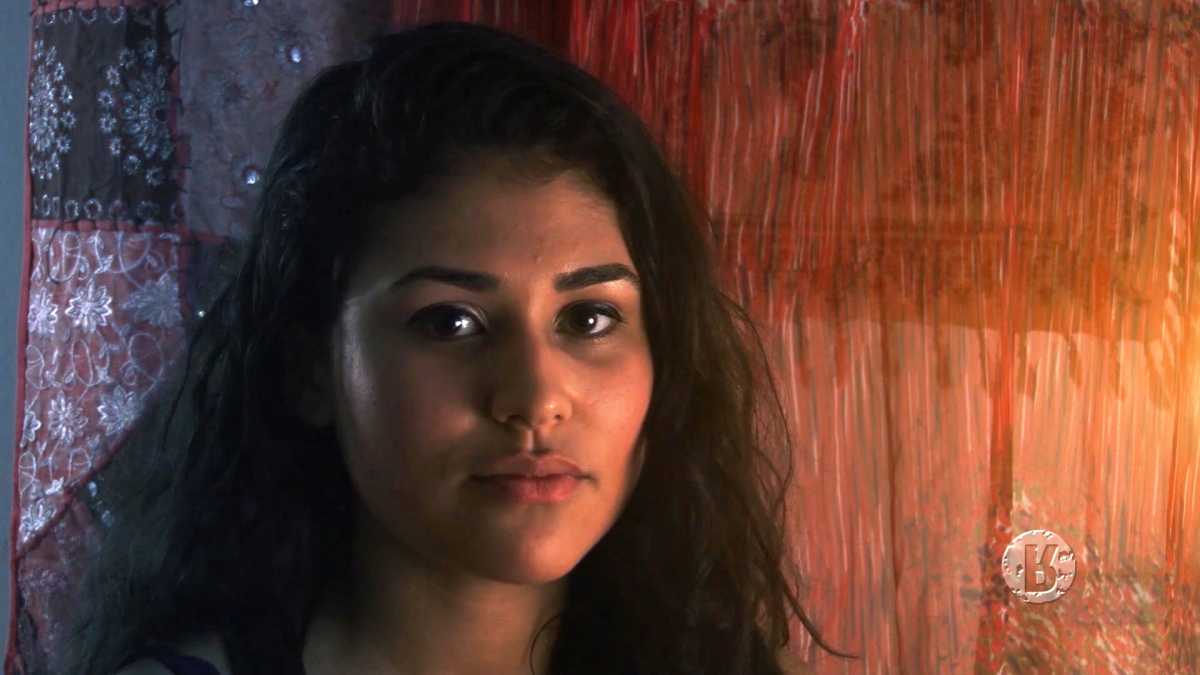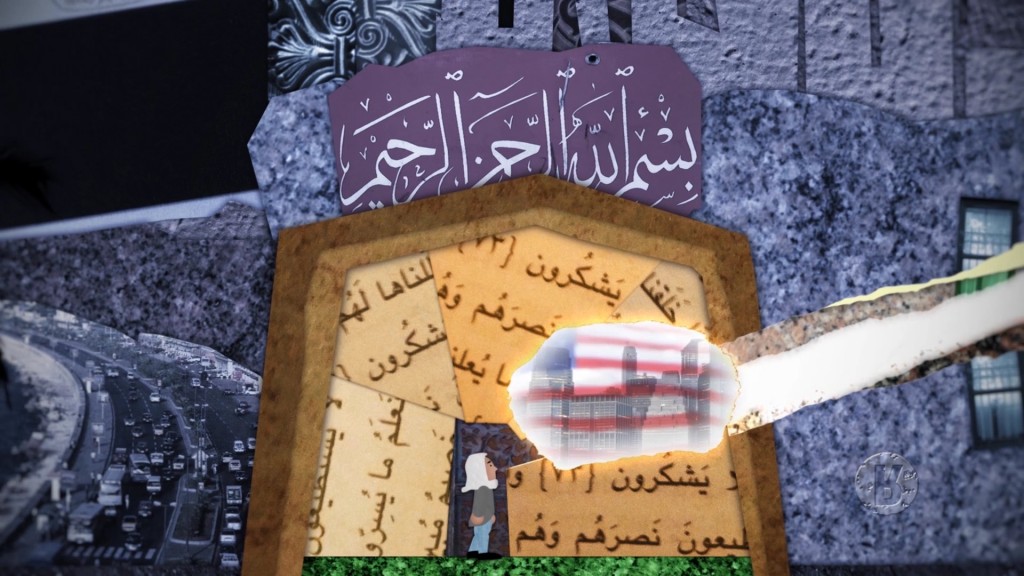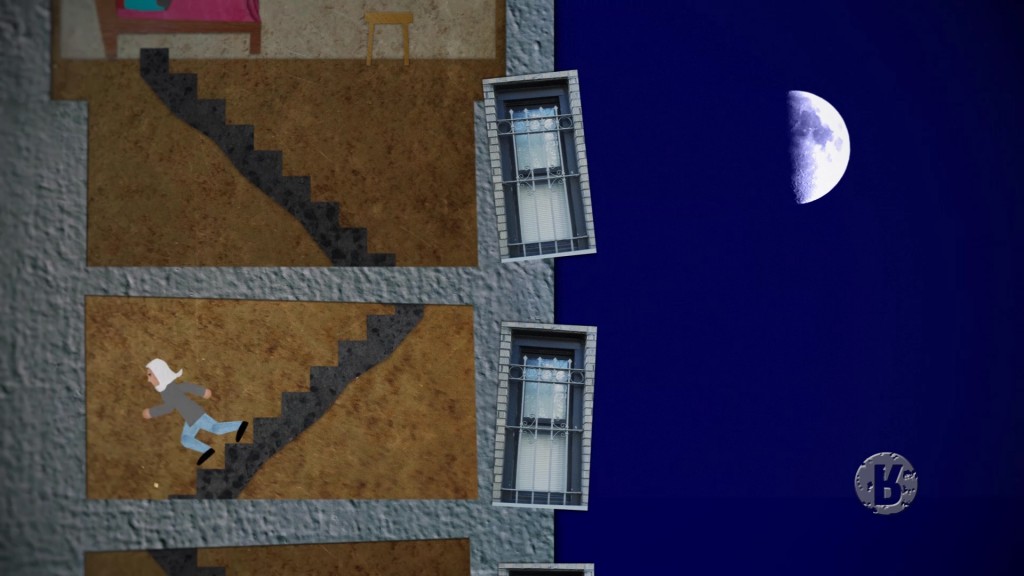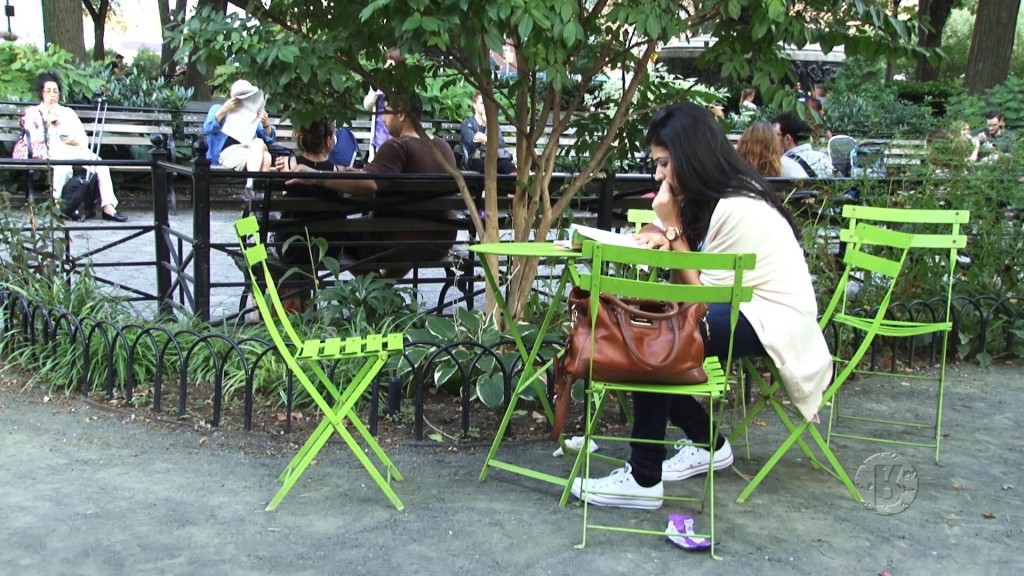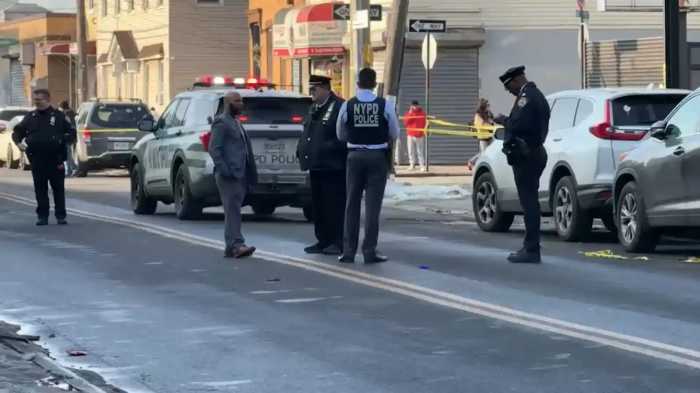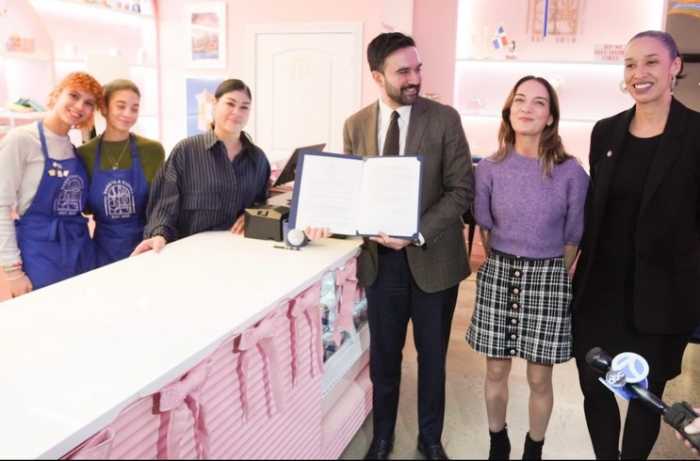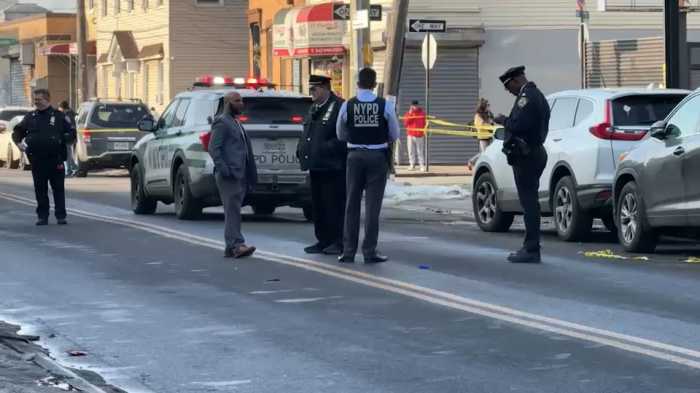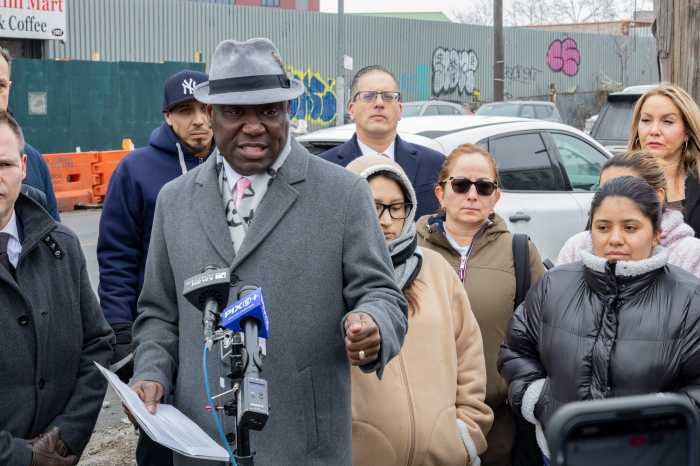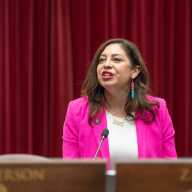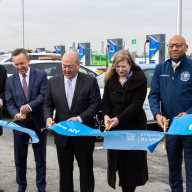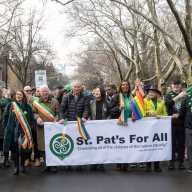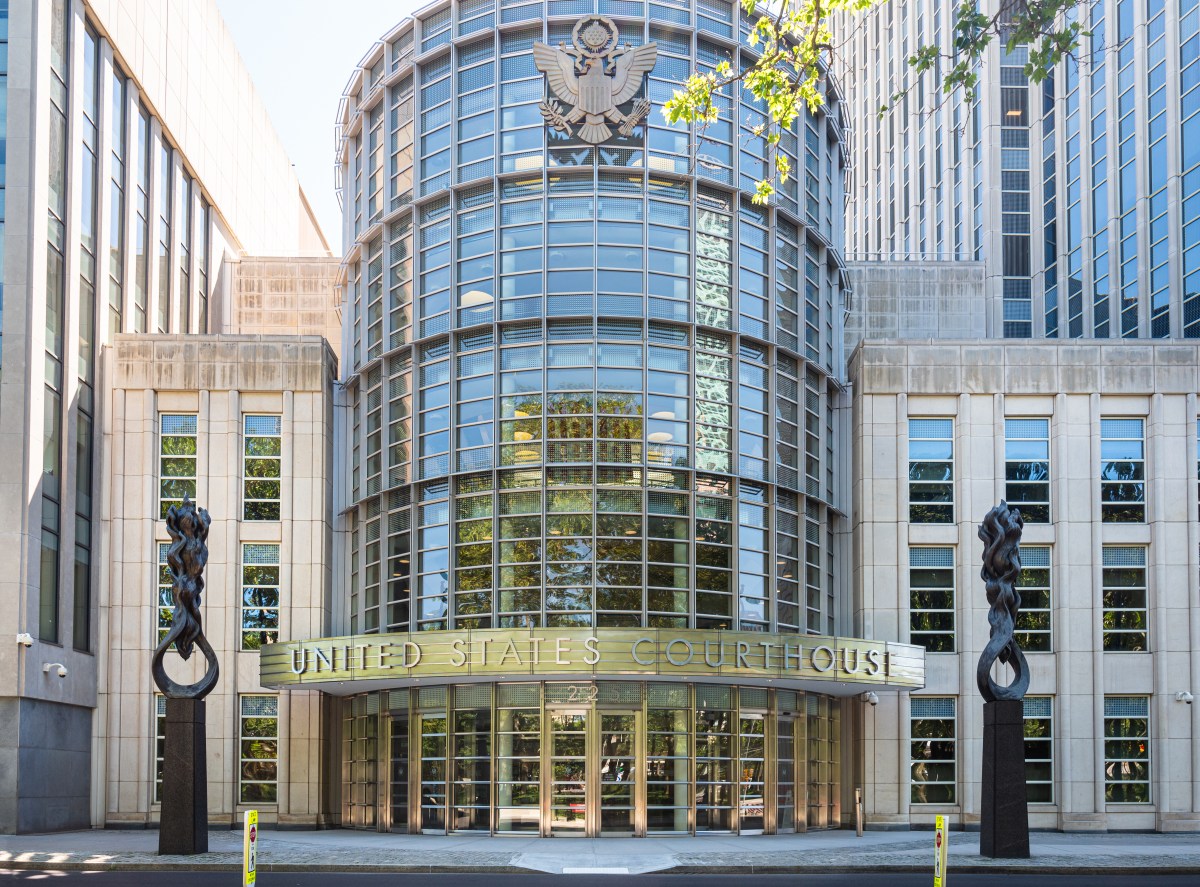She found the courage to escape. She then found the courage to share her story.
Nashwa El-Sayed was abducted to Egypt from Queens at the age of 2 by her father. After suffering from abuse, years of separation from her mother and an impending arranged marriage at the age of 17, she was finally able to leave the country and return to America.
El-Sayed, now 24, and living in Ridgewood, has since graduated from Queens College with a degree in international relations and recounted her tale, hoping others in her situation will do the same.
“Hopefully they see it as something that can change lives,” she said.
Though El-Sayed has shared her story before, she is telling it in a new medium: video.
The Moral Courage Project, an educational nonprofit started in 2008, posted a video of El-Sayed’s story, “Forced marriage in Egypt: How I escaped,” on its YouTube channel last month.
The nonprofit mentors, teaches and provides role models for people who want to build up moral courage, or do “the right thing in the face of your fears,” according to Adam Grannick, multimedia producer with the Moral Courage Project.
It showcases its role models through videos it creates for its YouTube channel, Moral Courage TV. They are “everyday people” from a middle-schooler facing a bully to corporate whistleblowers and everyone in between.
Launched in April 2012, the videos are accompanied by related social media posts to bring awareness to whatever issue they highlight and can each have their own look, depending on the story.
Since filmmakers didn’t have footage from El-Sayed’s childhood, her video featured animation.
“Animation usually takes away from the seriousness of a story, but this one was not the case,” El-Sayed said.
El-Sayed’s story begins on Father’s Day 1993 — the day she was taken. She was living in Richmond Hill at the time, and her Egyptian father and American mother were in the process of filing for divorce.
“[My mother] knew deep down that she wasn’t going to see me again,” El-Sayed said in the video.
A couple of years after landing in Egypt, El-Sayed was living in Alexandria with her father and a stepmother who physically and emotionally abused her. She also had to be “a pious Muslim girl who should not be seen in public, who should not speak in public.”
At around age 9, she found some relief when her father divorced the woman. He soon married another woman who also tried to abuse El-Sayed, but she retaliated and the woman never tried it again.
Also at 9 years old, she saw her mother for the first time since she was abducted. That moment was when she knew there was another place she belonged to and that she could study what she wanted.
Her mother from then on would send her items from the U.S. — media, such as music from the Backstreet Boys; toys, such as Barbies; new gadgets, such as CD players; and school supplies, such as glitter.
El-Sayed’s father promised she could go to college in America as long as she got good grades. But during her final year of high school, her father told her that he found her a husband and that she was going to meet him on her wedding day in four months.
“All of a sudden there is a major change in plans and that is when I decided it was time to go,” El-Sayed said.
She called her mother in April 2008, who contacted the appropriate authorities, and within a few months El-Sayed was touch with the FBI and American embassy to plan a way out of the country.
But after her father found out about a visit she made to the embassy, she was put on lockdown and became suicidal.
As she recounts in the video, El-Sayed, through luck and bravery, managed to escape while she was at a friend’s house in Cairo.
But El-Sayed’s story and her ups and downs didn’t end with her escape.
Most of the Moral Courage Project videos are two to three minutes long, but El-Sayed’s is 10 minutes.
“I tried cutting it down but it just felt wrong to leave out a lot of it,” said Grannick, who wanted the video to discuss El-Sayed’s life after she returned to America.
Back living in Richmond Hill with her mother, El-Sayed went through a major depression the first year as she tried to figure out her purpose and why she went through what she did.
Her relationship with her mother, good for the first two years, became fractured when differences began to show between them, and they disagreed over El-Sayed’s publicly sharing her story, including a June 2013 Daily News article.
But she considers herself one of the lucky ones. Children around the world are abducted by parents every year, she said, and she is not only one of the few who has survived and is functional, but is one of the few who has also come out with her story and become an activist.
After graduating from Queens College in the summer of 2013, El-Sayed now works with the school’s Ibrahim Leadership and Dialogue Program as the assistant manager. The program gives college students from a variety of religious backgrounds the opportunity to travel to the Middle East to interact with government officials, entrepreneurs, students, educators and philanthropists, create a dialogue and experience what the region is really like.
El-Sayed also works, through the Epic Theatre Ensemble, with a women’s group regarding issues in the Arab American community, and continues to work with the FBI to bring awareness to the issue of childhood abduction by parents.
“It is possible for you to survive,” she says to end the video. “It is possible for you to leave behind the stigmas and actually carry on and make something of yourself.”
RECOMMENDED STORIES
- Queens riders happy to finally get Wi-Fi-enabled subway stations
- New historical research group started in Woodhaven
- Cuomo, Biden announce design competition for LaGuardia and JFK

